The Client Lifecycle: Three Kinds of Engagements
26
MARCH, 2018
Nancy A Hetrick
For every CDFA® holder there are several different ways that we can work with clients.
In general, there are 3 main types of engagements.
- Litigation Consultant
- Financial Neutral – mediation or collaborative
- Financial Advocate
Attorneys will typically hire you for a very specific purpose, either separate property tracing, asset valuation, lifestyle analysis, or determination of income available for support or need for support and the exhibits to justify. When working to support a litigated case, the process is typically pretty straightforward.
“When working as a Financial Advocate, your client might be in mediation, litigation or pro-se and is really just looking for some financial guidance and negotiation help.”
There are four phases:
1. Defining Scope and setting fees.
2. Conduct Background work, analyze data, discovery
3. Prepare report
4. Testify
Testifying at trial rarely happens since the vast majority of cases settle but it does happen.
When working as a Financial Advocate, your client might be in mediation, litigation or pro-se and is really just looking for some financial guidance and negotiation help. The stages of this type of engagement look like this:
1. Initial Consultation
2. Document Gathering – often just shared by attorney or mediator
3. Entry into FLS – Questions
4. Delivery Meeting – often with attorney present
5. Revisions based on settlement discussions
6. Potential to attend mediations with client
7. Don’t usually have to write up a summary
8. Clients typically want more follow up financial help
“Our CDFA® lifecycle is similar to acting as an advocate, but there are a few differences.”
My favorite way to work is as a financial neutral! Whether in a collaborative case or mediation, I love helping clients stay out of court and save thousands of dollars in the process. Our CDFA® lifecycle is similar to acting as an advocate, but there are a few differences. Here are the steps I typically follow:
- Initial Consultation – often with one spouse and might need to do
a second meeting with both spouses. - Individual Meetings – Get dynamics, concerns, future plans
- Document Gathering – have an inventory system
- Entry into FLS with questions for clients
- Negotiation Meeting – 2 hours
- Email follow ups with adjustments
- Possible final meeting to sew up loose ends
- Write-up of Summary of Meetings
- Referral for Doc Prep, or DIY, or to a partner
- Consulting Attorney Review
There are specific skills and tactics for each stage of these client engagements that will help you handle them with ease! For more in-depth training, consider our online mentoring program, Business Blastoff or join us in June for our 2-day training intensive!
Want new articles before they get published?
Subscribe to our Awesome Newsletter.
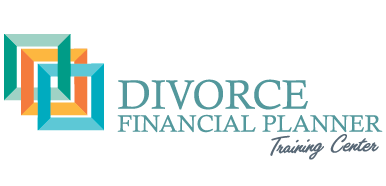
#1 trusted source for information & courses that will ensure your success as a Divorce Financial Planner.

Two Day workshop for Divorce Financial Planners to design your divorce niche & complete your roadmap to success!
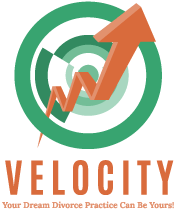
Step-by-Step 12 month program for CDFA® holders who want to grow & sustain a profitable business.
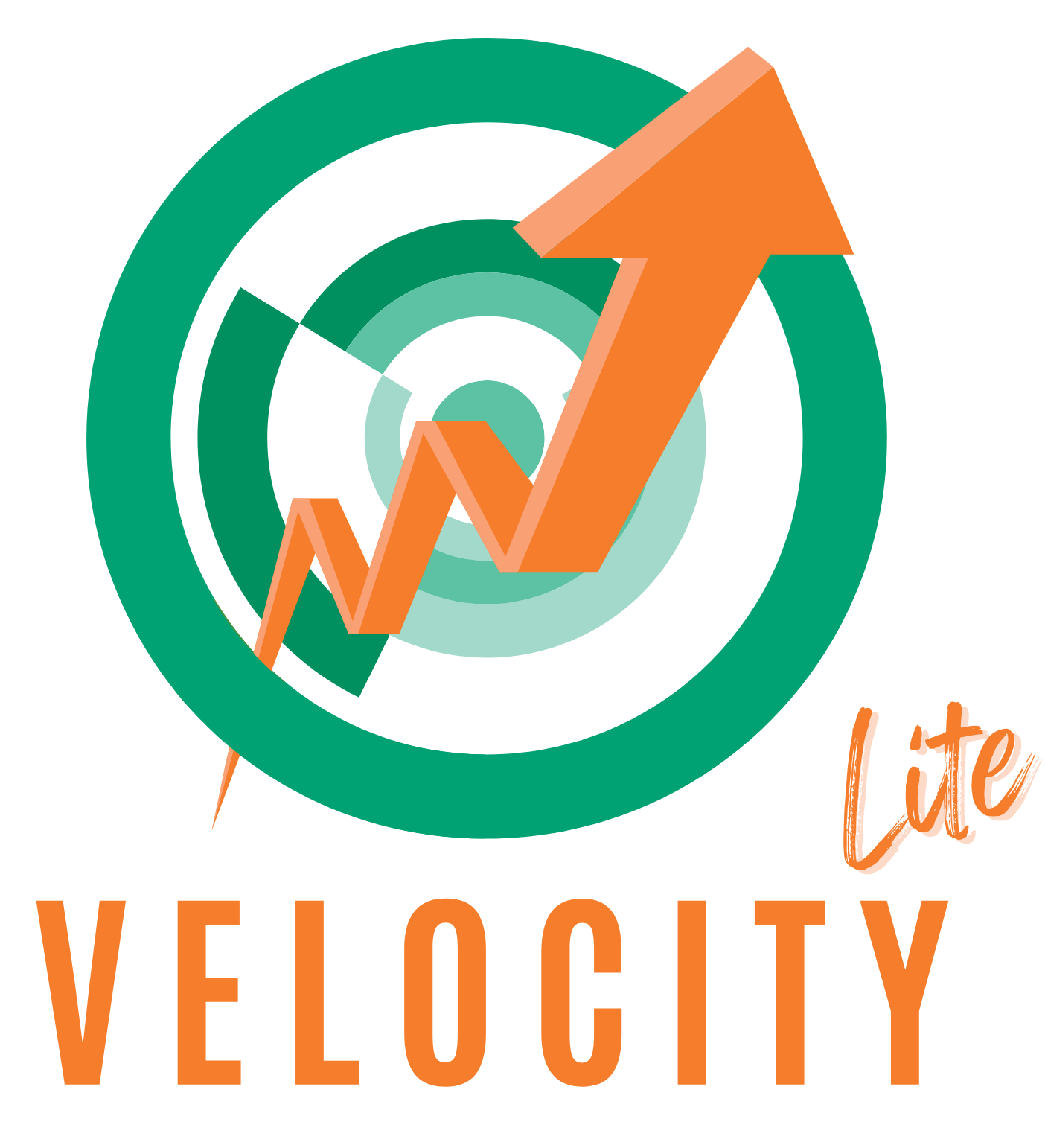
Self-paced journey for successful professionals who seek the essential knowledge needed as a CDFA®.
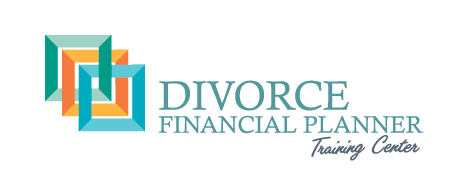
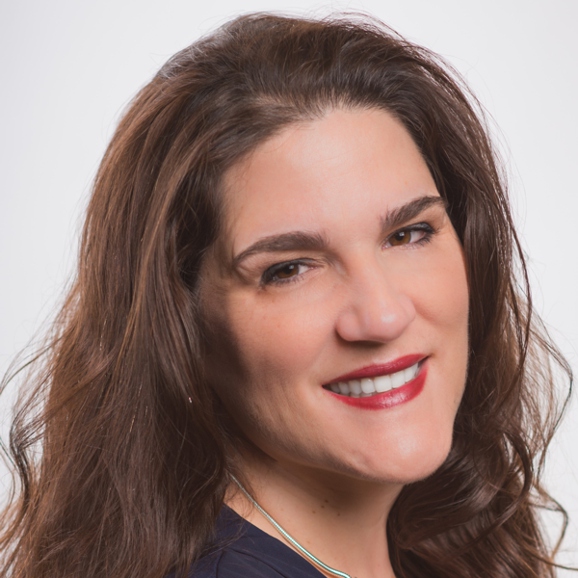
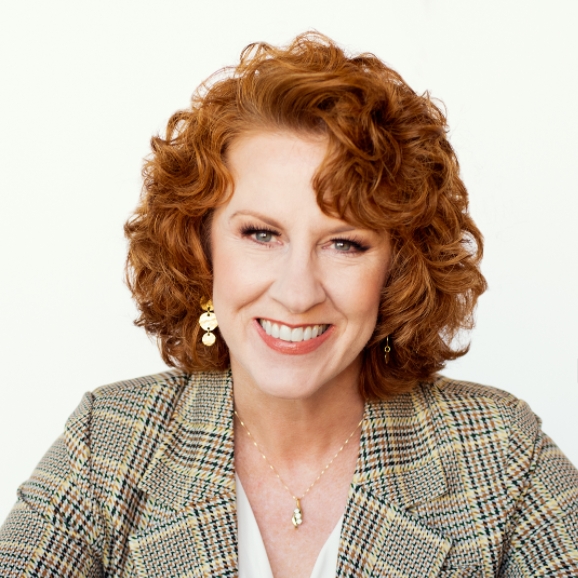
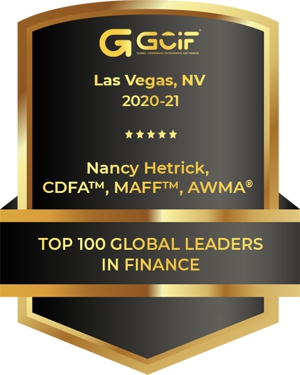
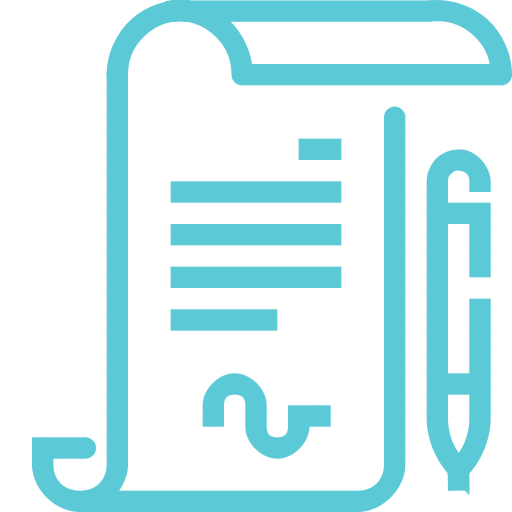
0 Comments